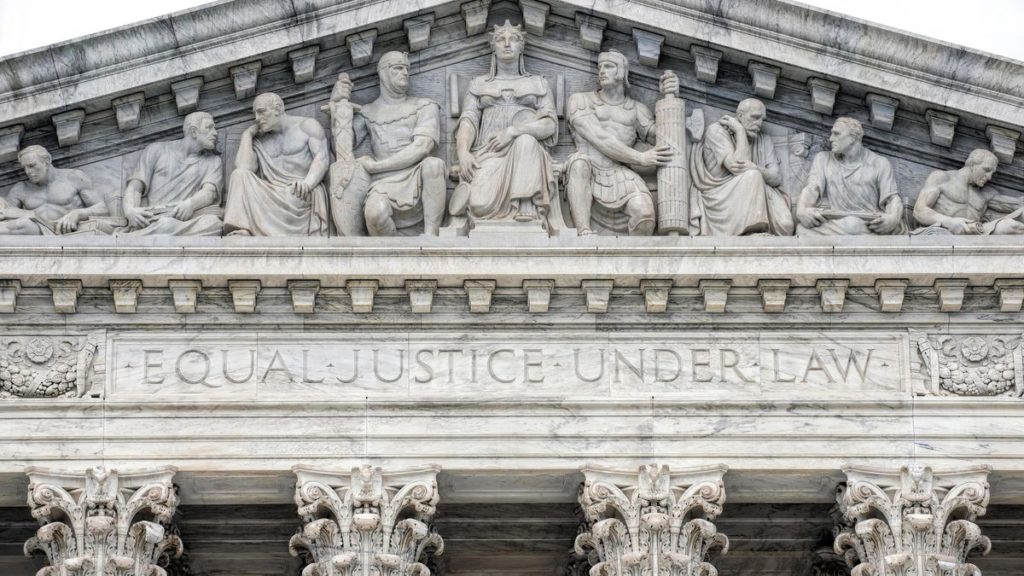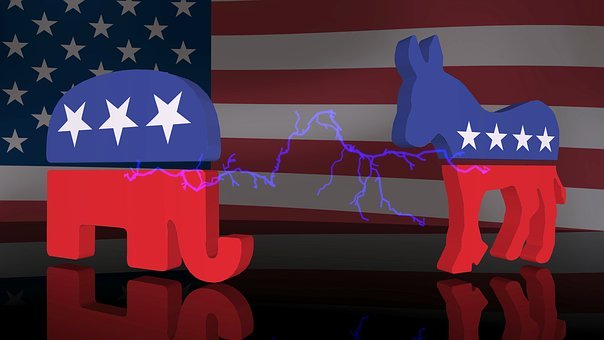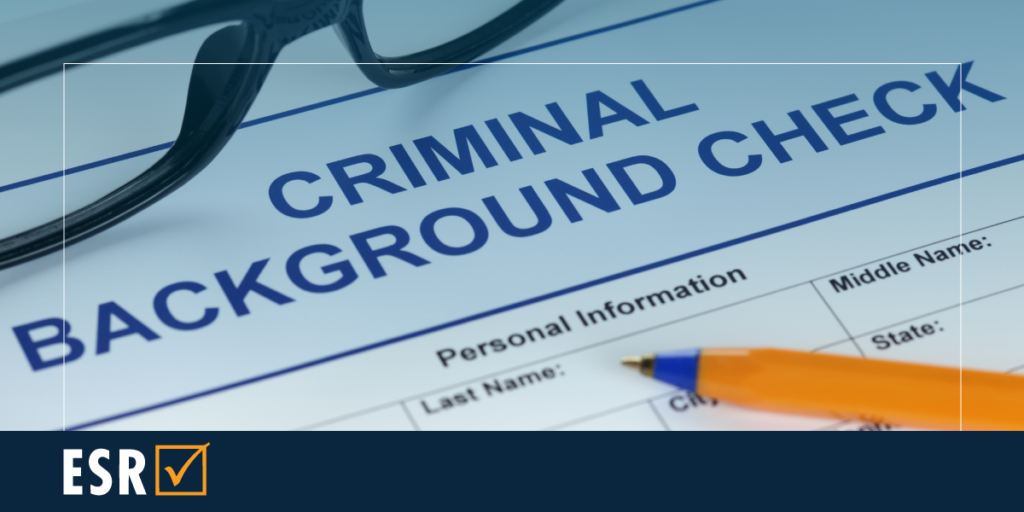Below is a review of the posts (on Facebook, LinkedIn, and Twitter) from the past week. You can check out the full posts by clicking on the links.

In the post on Sunday 10/18/20, we asked: Should companies require workers to sign a COVID waiver? (Note, we said the case would probably come out the same under PA law). The waiver at issue would release the company from liability if the employee were to contract COVID after returning to work. As noted in the post, there are two questions: is such a waiver legal and is it a good idea? The answer to both should be “yes” before it is used. Legally, a waiver might be deemed against public policy (and therefore not enforceable); on the other hand, it might be legal under a different theory. See the post. So, let’s say it’s legal; is it a good idea to have and use a COVID waiver? Does that make employees think twice about the extent of the protocols put into place and whether or not the company is following all requirements for safety in the workplace? What employer should do to answer those questions is in the post. Likewise, the post contains steps for employers to take.
TAKEAWAY: Even if legal (which determination should be made in consultation with an attorney), use of a COVID waiver may not be in your business’s best interests.

The post on Monday 10/19/20 was timely and about what Justice Ginsburg’s SCOTUS vacancy means for employee rights. First, understand that the Supreme Court does not make the law, it interprets the law (as enacted by the federal or state governments) and constitution. A law cannot run contrary to the Constitution. But does a law mean what it says? Or something else in addition? The post gives as an example a recent case interpreted under Title VII. So if Justice Ginsburg’s seat is filled with a conservative justice that ensures a majority that will probably rule a particular way, decisions might lean that way, but can still be overridden by Congress by statutory enactment. Several examples of that exact thing happening are in the post. But it may start with the Court, so what kinds of issues may it be called upon to decide? How to classify workers (employee or independent contractor) in this gig economy. Reimbursement of union dues. And more as noted in the post.
TAKEAWAY: Justice is to be blind, but a clear majority on the Supreme Court is likely to lean more toward conservative rulings that will affect many employees unless and until changed by Congress.

The post on Tuesday 10/20/20 was about freedom of speech and political signs in community (condo and homeowner) associations. Those who live in planned communities give up certain things, one of which is the right to do whatever they want within the community, often including what signage they can erect. One could argue that this is not a First Amendment issue – see the post. In addition to (in)applicability of the First Amendment, we are talking about private property where the owner can make the rules it wants. There are limits (as noted in the post). And if you are thinking that signs in windows of the units or houses are ok even in the fac of a prohibition by the association, think again for the reasons in the post.
TAKEAWAY: A the song goes, signs, signs, everywhere a sign, but perhaps not so many in a planned community with sign restrictions. Consult a community association lawyer.

The post on Wednesday 10/21/20 taught us about the next COVID-19 employment litigation hotbeds. We cautioned you to do what you can now to avoid or prepare defenses to potential suits. Based on some of the of suits filed so far during the pandemic, employers should beware (and prepare). First are suits claiming discriminatory layoffs and disability bias. Even if employers used a neutral policy or practice to layoff or terminate employees due to COVID, a disparate impact on certain of those employees might be illegal discrimination. An example of this is in the post. Returning employees to work is also fraught with lawsuit danger. Employers must be careful not to play Big Brother and determine who is or is not at a higher risk of contracting COVID – see the post for examples. Wage and hour issues also might arise, especially if the employer is not keeping tabs on the hours worked remotely by employees. How that might play out is in the post. Finally, there might be suits related to family or sick leave. The CARES Act brought EFML and EPSL; employers who don’t know how to apply those provisions to the existing statutes may be in a world of trouble. Some issues they might see are noted in the post.
TAKEAWAY: Know the law, discuss potentially adverse action with employment law counsel, anticipate potential disputes or suits, and have your defense ready before taking the action.

In the post on Thursday 10/22/20 we learned that an appeals court affirmed dismissal of an ex-offenders’ hiring discrimination lawsuit. Huh? A Class action suit claimed that a company’s refusal to hire ex-offenders with criminal convictions ha a discriminatory impact on Black applicants because the arrest and conviction rates for Blacks are proportionately higher than for Caucasians. The plaintiffs here are Mandala and Barnett. They applied for positions with a technology service provider. They were offered jobs, after which background checks found their prior convictions for felonies. The employer withdrew the offers of employment based on the policy noted in the post. Mandala and Barnett sued, alleging a violation of Title VII and state laws. A federal trial court dismissed the suit for the reason noted in the post. On appeal, the outcome was the same, with the reason again noted in the post. It was not a true determination o the merits (facts as applied to the law), but rather a decision based on a lack of supporting facts.
TAKEAWAY: Background checks can be legal in the employment context, but they must be used the right way. Consult employment counsel to ensure your use is legal.

The post on Friday 10/23/20 told us that Dillard’s agrees to pay #$900,000 to settle a claim. And what is behind this hefty price tag? Years ago, in 2011, the EEOC began investigating claims of race discrimination by Dillard’s, a national department store chain. What Dillard’s was accused of doing is in the post. Settlement negotiations took place over a number of years but culminated in no agreement and the EEOC’s filing of suit on September 29, 2020. The settlement reached after that filing includes Dillard’s paying monetary relief and doing the other things noted in the post. Why part of the settlement has Dillard’s reaching out to a certain community is also noted in the post.
TAKEAWAY: Big or small, discrimination will probably come to light, and it will be more costly to you at that point than had you just acted legally from the start.

Finally, in the post yesterday 10/24/20 we had a reboot on when is a school closed and when can employees take expanded FMLA? Schools are operating on so many different schedules, some fully in person, some fully remote, and others using a combination of both methods. So the question as to when a school is closed has import and relevance under the expanded FMLA provisions of the CARES Act. The EFML provisions apply to employers with fewer than 500 employees on the payroll for at least 30 days and unable to work (or telework) due to the need to care for a child whose school (or childcare) is unavailable due to COVID-19. Further qualifications the employee must meet for EFML eligibility are in the post. The Department of Labor put out FAQ on this issue (with a link in the post). If school is fully remote, the employee will probably be eligible for EFML – but the employer is entitled to the information noted in the post. Hybrid schooling (part in person and part remote) may lead to intermittent EFML – how that works is in the post. But what if in-person schooling is available but the parent opts out? Dol addressed that in its FAQs – see the post. There are exceptions, and those too are noted in the post. Finally, how does this play out for an employee who has been successfully teleworking during the pandemic and now asks for EFML? See the post.
TAKEAWAY: Parents of school-age children are feeling not only with the effect of the pandemic on their jobs, but also the effect on their children’s schooling. That may or may not be addressed by the CARES Act provisions, so employers should know the law and consult employment counsel.

 York, Pennsylvania 17403
York, Pennsylvania 17403